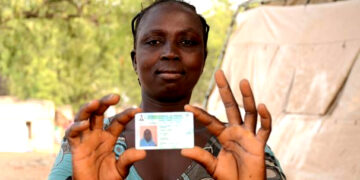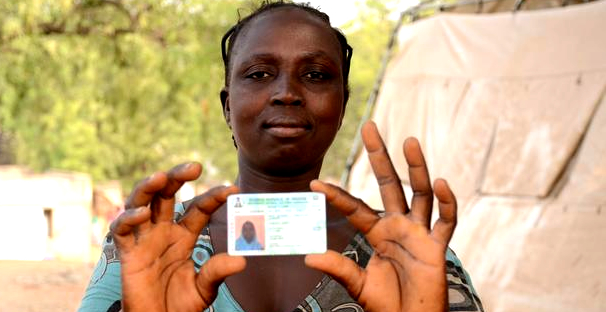By Ebi Kesiena
The National Election Board of Ethiopia (NEBE) has revealed plans to introduce digital voting in the country’s next general elections, slated for mid-2026. The move marks a major milestone in Ethiopia’s efforts to modernise its electoral system and enhance democratic participation.
Speaking at a high-level forum, NEBE Chairperson Melatwork Hailu announced that the 2026 polls will be fully supported by a digital infrastructure aimed at improving transparency, efficiency, and nationwide access to the voting process.
According to Hailu, NEBE is deploying a wide range of digital solutions, including integrated platforms for voter enrolment and candidate registration, two fundamental components of a credible electoral system.
“This is a transformative step toward building a stronger, technology-driven election management system,” Hailu said. “By embracing digital tools, we are not only improving service delivery but also reinforcing the integrity of our democratic institutions.”
The digital system, which has been developed entirely by NEBE’s internal technical team, is designed to reduce administrative costs, save time, and simplify the entire election cycle from registration to vote tallying.
Officials say the new system will meet international standards, enabling voters and candidates, even in remote areas, to participate in the electoral process with fewer logistical hurdles.
NEBE also emphasised its intention to strengthen the inclusivity of the elections by using technology to reach communities that have traditionally been marginalised or geographically isolated.
Ethiopia, which holds general elections every five years, sees this shift to digital voting as a crucial evolution in its electoral history. With the introduction of digital systems, authorities hope to address longstanding challenges such as ballot transportation, voter fraud, and delays in result tabulation.




































